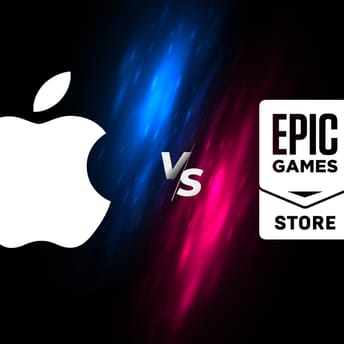Epic Games Wins Lawsuit After Google’s Appeal Is Denied

|
|
Key points
- Google’s appeal of a judge’s order was denied.
- The order found Google’s Google Play Store to be an illegal monopoly, violating antitrust laws.
- Other companies, including Epic Games, may now implement their own app platforms, which offer their own billing systems.
Google lost an appeal of a judge’s order, which required an overhaul of the tech giant’s app store policies after an antitrust case filed by Epic Games. The ruling is similar to that of a prior ruling with Apple that requires Google to remove restrictions preventing app developers from setting up their own rival marketplaces and billing systems.
According to the court document, after a 15-day trial, with testimony from 45 witnesses, a jury determined that Google had violated federal and state antitrust laws, with violations having occurred in the markets for Android app distribution and Android in-app billing services. The district court conducted post-trial proceedings, issuing a permanent order against Google with the goal of restoring competition in the market.
“In the world of adrenaline-fueled survival that epitomizes the video game Fortnite, winners are decided in blazes of destruction and glory. By contrast, the outcome of this case—centered on Fortnite’s developer, Epic Games, and the Google Android platform—turns on longstanding principles of trial procedure, antitrust, and injunctive remedies,” Judge M. Margaret McKeown said.
Google’s attempt to appeal the permanent injunction was denied, with the appeals court affirming the jury’s verdict and thereby upholding the district court’s order.
This means that Fortnite will be able to implement its platform, the Epic Games Store, on the Google Play Store. The court order is not limited to Fortnite, as it allows open competition from other companies within the Google Play Store.













